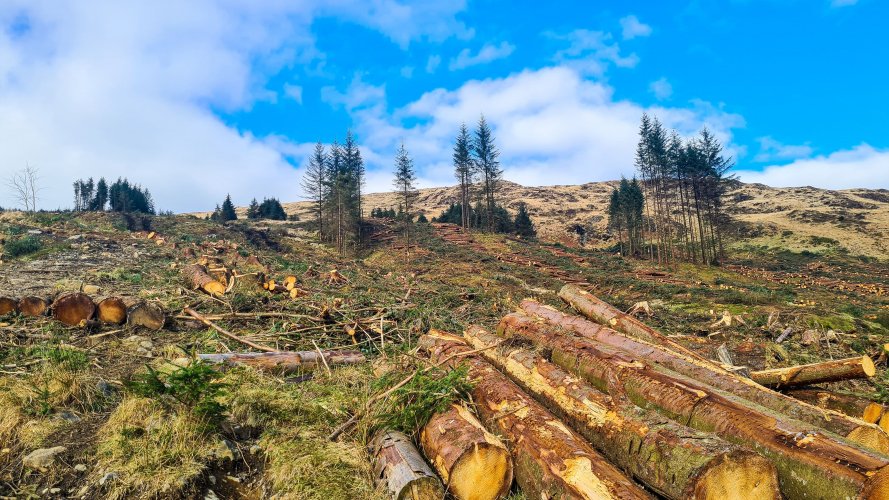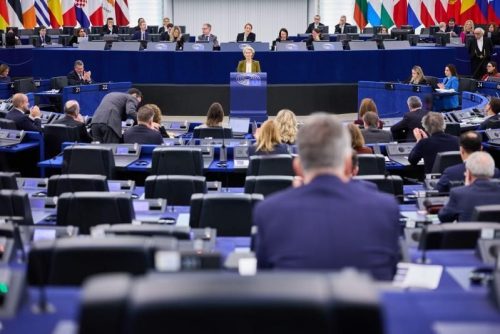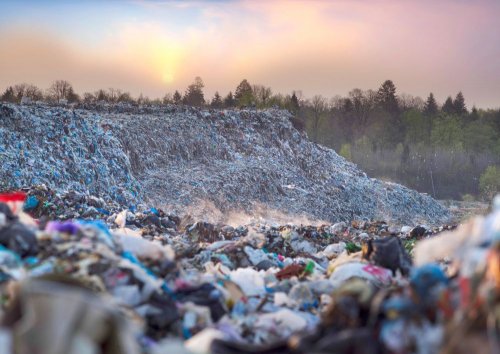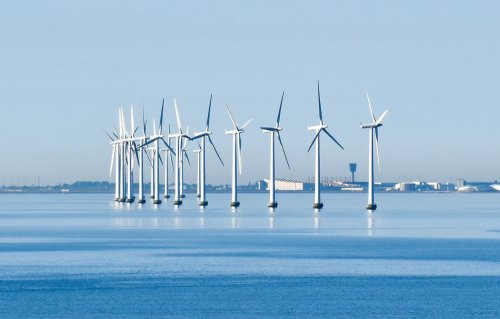The European Union is preparing to designate only 4 countries as high-risk for deforestation: Belarus, North Korea, Myanmar, and Russia.
This is reported by Euractiv with reference to three EU diplomats.
At the same time, such large exporters of raw materials as Brazil and Indonesia will not be included in the “black list”. According to the diplomats, the document was discussed in strict secrecy in recent weeks during a meeting on April 30 and was approved by all member states on Monday, May 12.
As a reminder, benchmarking is part of the implementation of the EU's Deforestation-free Products Regulation (EUDR), which categorizes countries as high, standard or low risk. The category determines how strict the due diligence rules will be for companies – which also means more inspections – for those importing important agri-food products such as cocoa, coffee, soy, palm oil, and beef.
The development of the deforestation benchmarking, which took almost 2 years, had previously caused diplomatic concern, especially among major exporters such as Brazil, Malaysia and Indonesia. They lobbied hard to keep them off the list.
“They are now off the hook. In documents published last year, the European Commission put forward the idea of imposing sanctions only on countries already under EU or UN sanctions, and it seems to be sticking to this position,” Euractiv said.
The publication suggested that environmental non-governmental organizations (NGOs) are likely to be dissatisfied with this step by the European Commission. After all, in January, 40 NGOs called on European commissioners to ensure that the comparative analysis of countries “objectively reflects the real risks to human rights and the environment” rather than relying on sanctions criteria.
At present, the European Commission has refused to comment on the countries to be included in the blacklist. Its official publication is scheduled for June.
As EcoPolitic reported in mid-April, the European Commission has released new guidance documents that simplify the implementation of the EU Deforestation Regulation and reduce the administrative burden on companies.





